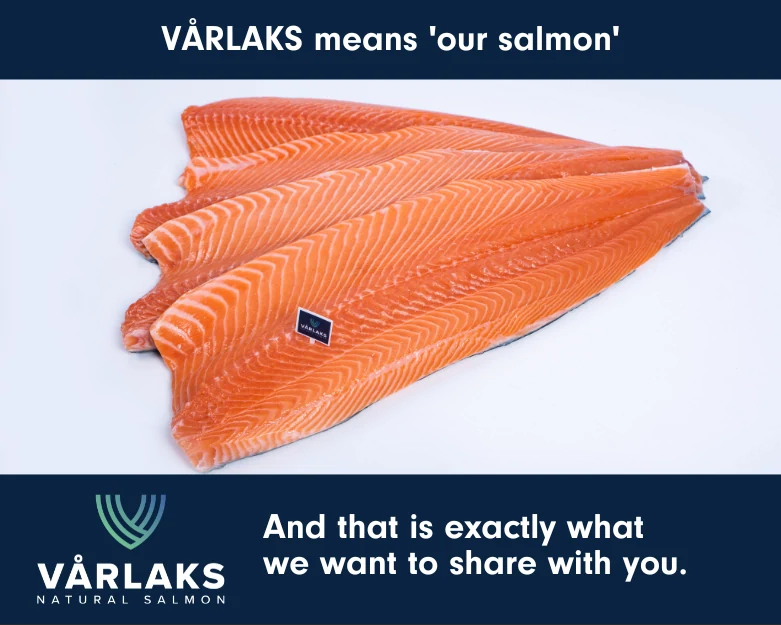Outperforming peers in in market with falling salmon prices.
The Bakkafrost Group delivered a total operating EBIT of €44.5 million in Q4 2017. Harvested volumes were 11,500 tonnes gutted weight.
The farming segment made an operational EBIT of €2.66 per kg.
Commenting on the result, CEO Regin Jacobsen said:
‘Bakkafrost had an excellent performance in the quarter, considering that the salmon spot price has decreased over 25%, compared to the same quarter last year. The VAP segment had a positive margin in the quarter for the first time since 2015. Havsbrún had a record year in raw material sourcing during its 50 years long history. Looking forward, we are excited about the agreement we have made with P/F Fiskaaling and the Faroese Authorities about the Faroese brood stock program. To develop the Faroese brood stock program will demand effort and resources for Bakkafrost, but we believe this might be an exciting project, which can benefit us in the long run.’
According to the agreement between Bakkafrost, P/F Fiskaaling and the Faroese Ministry of Foreign Affairs and Trade, Bakkafrost will take responsibility of the Faroese brood stock program from 1 April 2018 and continue to develop the brood stock program with the option to get the genome rights in 2021.
The Board of Directors proposes to the Annual General Meeting that DKK 10.50 (€1.40) per share shall be paid out as dividend. The proposed dividend corresponds to 50% of adjusted earnings for 2017.
Bakkafrost expects to harvest 51,000 tonnes gutted weight in 2018.
Bakkafrost aims at being self-supplied with 500 grams smolts in 2020. The benefits are a shorter production time at sea as well as reduced biological risk. The new hatchery under construction at Strond, Klaksvík is an important part of this plan. The hatchery is expected to start operation during 2018 and in full operation from 2020.
Bakkafrost has signed contracts covering around 14% of the expected harvested volumes for 2018. The contract coverage is reduced, compared to previous year, because some contracts were not renewed in Q4 2017. Bakkafrost’s long-term strategy is to sell around 40-50% of the harvested volumes of salmon as VAP products at fixed price contracts.
The production of fishmeal and fish oil in 2017 was record high because of good availability of raw material. Bakkafrost expects relatively high production volumes of fishmeal and fish oil in 2018.
The new salmon meal and salmon oil plant is expected to start operation in the beginning of Q2 2018 with full production in the second half of 2018. This operation will increase the value of offcuts from salmon harvested and processed in the new harvest/-VAP factory at Glyvrar.
Havsbrún’s sales of fish feed in 2018 are expected to be at 85,000 tonnes, depending on external sales.









